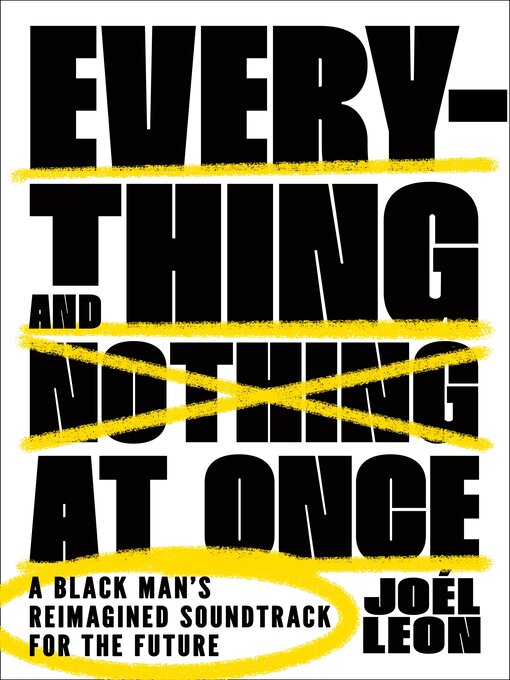For readers of Kiese Laymon's Heavy and Hanif Abdurraqib's A Little Devil in America, a beautiful, painful, and soaring tribute to everything that Black men are and can be
Growing up in the Bronx, Joél Leon was taught that being soft, being vulnerable, could end your life. Shaped by a singular view of Black masculinity espoused by the media, family and friends, and society, he learned instead to care about the gold around his neck and the number of bills in his wallet. He absorbed the "facts" that white was always right and that Black men were either threatening or great for comic relief but never worthy of the opening credits. It wasn't until years later that Joél understood he didn't have to be defined by these and other stereotypes.
Now, in a collection of wide-ranging essays, he takes readers from his upbringing in the Bronx to his life raising two little girls of his own, unraveling those narratives to arrive at a deeper understanding of who he is as a son, friend, partner, and father. Traversing both the serious and the lighthearted, from contemplating male beauty standards to his decision to seek therapy to the difficulties of making co-parenting work, Joél cracks open his heart to reveal his multitudes.
In this book crafted like an album, each essay is a single that stands alone yet reverberates throughout the entire collection. Pieces like "How to Make a Black Friend" consider challenging, delightful, and absurd moments in relationships, while others like "Sensitive Thugs You All Need Hugs" and "All Gold Everything" ponder the collective harms of society's lens.
With incisive, searing prose, Everything and Nothing at Once deconstructs what it means to be a Black man in America.
- Let's Get Cooking!
- Celebrity Magazines
- News and Politics
- Just Added Magazines
- See all magazines collections


